














































I once tried to explain haunting to you. Do you remember?




I am of course referring to that little subway mouse. The one you saw dying on the stairs of the Lorimer & Metropolitan Northeast exit. The one I saw in the exact same spot - frozen and lifeless, soon after. I still think about that mouse every time I’m on those stairs.



I used to tell you about it; how I thought it was haunting me.


“Like a ghost?” you asked.



“No”. But what I really meant to say was yes and no. I took a part of that mouse with me that night, and maybe you, with your love of horror, would define that as a ghost. But I can’t help feeling, picky as it may be, that this terminology is too sinister, too intentional, too vengeful. A person never means to become haunted. Just as we never mean to haunt. Perhaps, rarely and with extreme emotional clarity, we are gifted with the double edged sword of foresight. And yet, the outcome is the same. With the knowledge of potential tragedy, we choose to love, or we choose to leave.

Thisis all to say, that I hope I hauntyou .








IhopeIhaunt you in the same ways you hauntme.



Ihope I haunt you MORE.


















Haunting is memory willfully resistant [to change], the slow, stretched out reverb of failed love. It’s in the good company of guilt and sorrow. This is what I know to be true about it: I have felt its echo act as a reminder of all that went right, all that went wrong. I have seen it in the anger you hold as you consider my failings, every possible way I could have strived and did not. I have yearned for it in my sadness, taking comfort in our softest and most tender moments. But here is where it gets murky, the more you handle memory, the more distorted it becomes. In many ways this is obvious.
1. Memory and reality align most closely during and directly after any given event.

2. By nature, memory is an incredibly fickle, transient thing.









3. The memories that endure form the stories we tell ourselves, the stories that we live by. Those who haunt us are relegated to grotesque caricatures of themselves, representing their ultimate significance in our lives, for better or for worse.


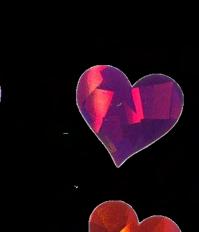

But how much of this can we control anyways? How much is necessary to properly grieve, and how much is mutual self-destruction? For I suspect that you have fallen victim to the familiar routine of denial that builds and builds until you can no longer stomach its weight. Memories of fights and my own personal failures live at the forefront of your perception. It is a scary thing to think that a man who falls in love so quickly can fall out of love with the same frightening clarity. But here is where you would tell me I am being unfair. That it was not so fast after all, in fact the realization had been gaining momentum for months, regardless of my own personal oblivion. And I concede, you might be onto something here. It took me too long to see that anger and resentment make their home in you.







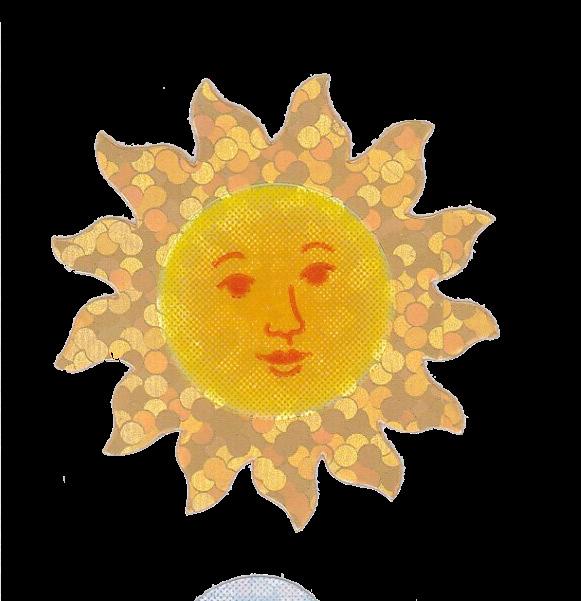














way o
No one ever taughtyou that the only
When referring to A Portrait of A Lady On Fire Celine Sciamma has said,

































































































’ ’ , ,
‘‘








































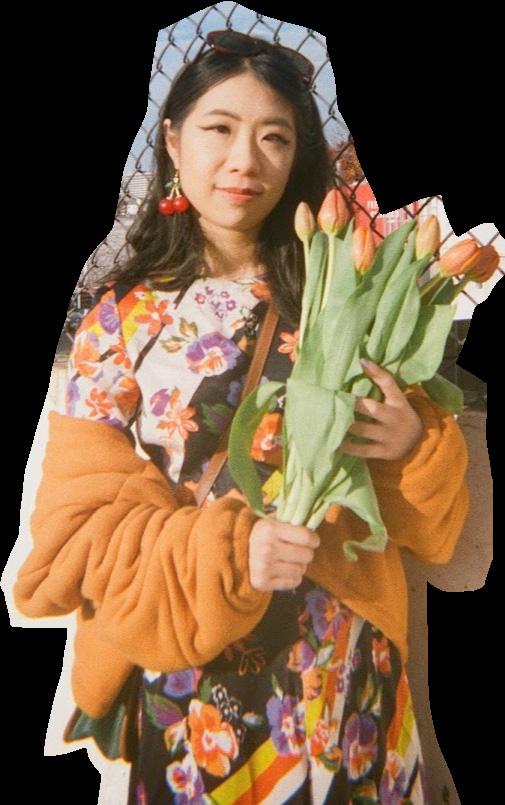

I agree with this - in part. I can recall being cherished. And I can recall basking in your love; the warmth of a new pet name.

LOBSTER. SUGAR PLUM . SOMETHING ABOU





There were so many... This is where I think Sciamma gets it wrong. Love is not just a language, it’s a world. Built from memories, totems, places, and dates, love is where ordinary objects can become sacred and human beings can become homes. To allege that love is purely cerebral, is to deny the power it holds over us. The very fact that it’s able to exist outside the limits of the lover’s heads is to give birth to a potent physicality. Hereisthesiteofourfirstdate, hereisourfavoritebrunchspot,hereisthe restaurantwecelebratedyour27thbirthday. We built a map of our love, and now, like Sisyphus with his boulder, I’m trapped to retrace it for an eternity. Even Chinatown has the bitter taste of your absence.
And home is no respite either. Here are our toothbrush holders,hereisthestuffedpigyouadopted,hereare yourpillows,yourblanket,yourdesk,yourplants... I imagine that this sentimentality must seem foreign to you, but I cannot live any other way. For a brief, but not insignificant period, you knew me better than almost anyone in this world. At night, we would lay under the covers and trade stories, secrets, dreams, and fears. I would fall asleep feeling safe and loved. Those parts of me, those memories, will always belong to you. Even 3,000 miles away in California, even when you don’t want them anymore, even as I change, and learn, and grow into someone so unrecognizable that I will feel like the ghost of a girl you once loved. That girl, a stranger to me, will haunt you for the rest of your life. And for this, I am grateful.









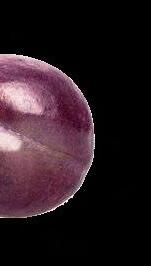












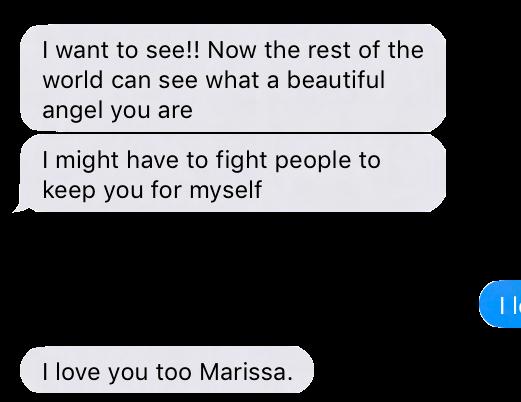


But this doesn’t mean we’re powerless, marooned by the whims of The Universe to grieve forever. One day, I will be able to safely leave my apartment. And when I do, I will create all new memories and go all new places. I will hold my sadness until it no longer suits me - no more and no less. Then I will forgive you. This is what closure really means, allowing everything you love about a person and everything you hate about a person to become buried in the hazy fog of memory. Soon, I will no longer be able to recall the funny lilt of your voice, your quiet snores at night, the feel of your hand in my own, or the laughter that would ring through our kitchen as you would dance me around on your feet. But for now, I can remember showering together - in the morning and in love. I can close my eyes and see the light that filled the bathroom, hear the hum of the shower head, feel the gentle pressure of the warm water while your hands soap me up and down. I open my eyes and see you kneeling in front of me, taking extra care to clean my calves and feet.





When I think about this composite of memory, I can feel my leftover love for you welling up in the cavity of my chest. It swells until it fills me with so much longing and tenderness that I am forced to think about something else. I am forced to think that I will never experience this ever again. That I never want to share this with another. Instead, I will watch it fossilize.

There was a girl, not too long ago, who would have felt this to be counterintuitive. Unnatural even. With my first love I scraped and clawed and cried, refusing to part with a single memory. Losing him felt like a tragedy too big to recover from. He took and took and took so that when he finally left, I felt empty. It was less of a haunting and more of a robbery. Hoarding memories was an act of protest: a self-inflicted promise to ache. I will love you forever and ever, that was the deal
I was thinking of him when I told you I would never be the one to end a rela tionship. I didn’t mean much by the statement, but it seemed to stick with you. Did you interpret it as weak? Passive? Stubborn? In Barthes suggests that




































































































, (
‘‘
). : . ”



























































, ), ( , ,










In the great tradition of those before us, you have left me, and through an email no less. Despite all the promises and milestones, you have changed your mind. There is no home here. This is always the hardest part of the split, the struggle to not take rejection as a personal defamation of character. There were many early moments where I practiced baring myself to you. Naked and vulnerable, I confessed that I could be Cruel, Vain, High Maintenance, and Domineering. I told you that I didn’t want a second family; that my relationship to my own was already marked with conflict. That I felt broken and insecure as the result of an abusive ex-boyfriend. Did you listen? Did you hear what I was saying? Here is what it was: Areyousure?Areyousureyou wanttochooseme?ThisiseveryreasonI am bad and unloveable.YouMUSTknow thesethingsbeforeyoutellmeyoulove me. Youmustwitnessmetrulyandfully sothatyoucanneverchangeyourmind.







I now realize that this was wrong. There is no cheating at love. I was desperate to protect myself and in you I saw someone who seemed so sure, so stable, so kind. And while you may no longer find, perhaps have never found, these aspects to be true of yourself, I was willing to trust in love’s commitment to continuous change. This is the secret that men don’t know: intimacy demands you never stop transforming. It is a promise that asks you to witness a person in a million different ways, and love them despite every circumstance. Done right, it can be one of the most beautiful aspects of partnership. But I’m not foolish enough to forget that we didn’t have our challenges. I know better than anyone that I can be difficult and prone to fits, it’s not behavior that I’m proud of. And while I cannot take it back, I am learning to forgive myself. This extends to you as well, although I suspect that were you here to hear all this, your response would be “too little too late.”

































But you’re not here. So I shall continue to forgive us both. For I can see now, with increasing clarity, just how unhappy we truly were. A new junction in both our lives, we were blindly leading each other, and with growing difficulty. The guilt, the listless ennui, and the all-consuming hunger for more felt like being slowly stoned to death. Partially awake and partially asleep, we were wandering closer and closer to the dangerous complacency that has immobilized our parent’s generation so well. I sometimes wonder what it would be like had we made it another month, what quarantining together would have been like. Many men consider themselves realists and pragmatists, when in reality they are much closer to pessimists. Before your mind jumps to the worst possible conclusion, consider that it could have been good.










Imagine a reality, in lockdown and in love, where we committed to bettering ourselves, the relationship, and the world. This is what quarantine has taught me: that capitalism demands we not look for answers. Here, on the precipice of revolution*, I finally feel alive and capable, for the first time ever, of imagining a world without death, prison, or poverty. I feel stripped, at least partially, of the heavy weight of consumption. Beauty consuming me, me consuming brands, brands consuming beauty. A cyclical pattern of self-hate that has left me tired and waspish for too long. Doesn’t it feel good to stop searching for that imaginary sense of satisfaction? Do you feel it too, the shift in the collective conscience? Unlikely as it may be, perhaps quarantine could have been the magical solve. I finally feel brave enough to ask, what if? All my hopes and dreams feel as if they’re within reach for the first time ever.


*This was written Summer 2020




























This is what I think love under lockdown could have looked like:

1. True quality time. A rejection to coming home tired, exhausted, and moody; to devoting the better part of ourselves and our energy to work, to only surviving off of the leftover scraps of affection and empathy that we could salvage after 9 hour workdays.

2. More personal space. Pleasure for pleasure’s sake. Hobbies. Fun and fulfilling activities that we could undertake on our own, making the time spent together all the more worthwhile.





3. Open communication and a bettered ability to listen with generosity and empathy. Actively fighting against the mindless ebb of taking each other for granted, learning how to look and really see each other again.




I’ll stop here. I suspect that you think that this activity is a useless endeavor. Afterall, it’s just fantasy. The truth is something very different, and far less hopeful. The truth is, we didn’t know how, complex as it is, to keep love going. Or perhaps, worn down and only half-conscious, we weren’t yet capable. Picking a partner is picking a set of problems. But what comes after? My intuition is that we keep choosing. Bell Hooks would tell us that “to love somebody is not just a strong feeling — it is a decision, it is a judment, it is a promise. If love were only a feeling, there would be no basis for the promise to love each other forever. A feeling comes and it may go.” If this is true, and I think it is, then loving is hard work. And you broke the promise. You stopped trying. You stopped loving me.







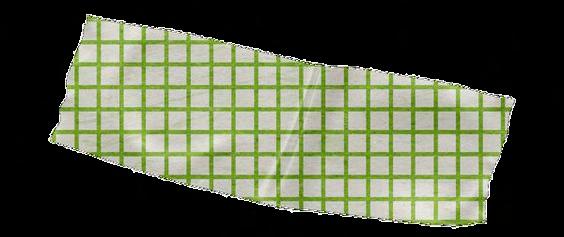




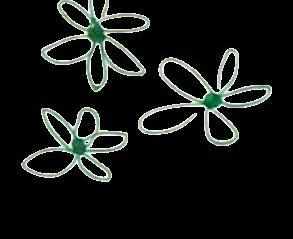














As for me, I’ve started learning to do the things I used to rely on you for. For the very first time in my life, I am beginning to question my own conceptions of love, the narratives I unconsciously learned and then gracelessly mimicked. For while love has always looked like acts of service, I never meant to take advantage of your generosity. And yet, I fear I did. With no real grasp of growth or consequence, I was thoughtlessly aping the patterns that my parents had taught me. And I am surprised now, by how satisfying certain things can be. I am cooking all the time, obsessed with roasting vegetables, thinking about becoming a vegetarian. I eat onions, broccoli, and beets. I am not afraid to add in pepper or red chili flakes should a recipe call for either. I can install wall shelving by myself, use the electric drill with no fear, disassemble and then reassemble an entire Ikea dresser alone. I am still learning how to take care of plants with some wins, but mostly with moderate successes. Were this a love letter, here is where I would tell you that I don’t need you in all the old ways, yet I want you still, and isn’t that more romantic? But this isn’t a love letter. I’m here, surrounded by your pots and your pans, your recipes, the shelf that you rescued from the street, and I’m leaving you behind.































































































































































































































































































































































































